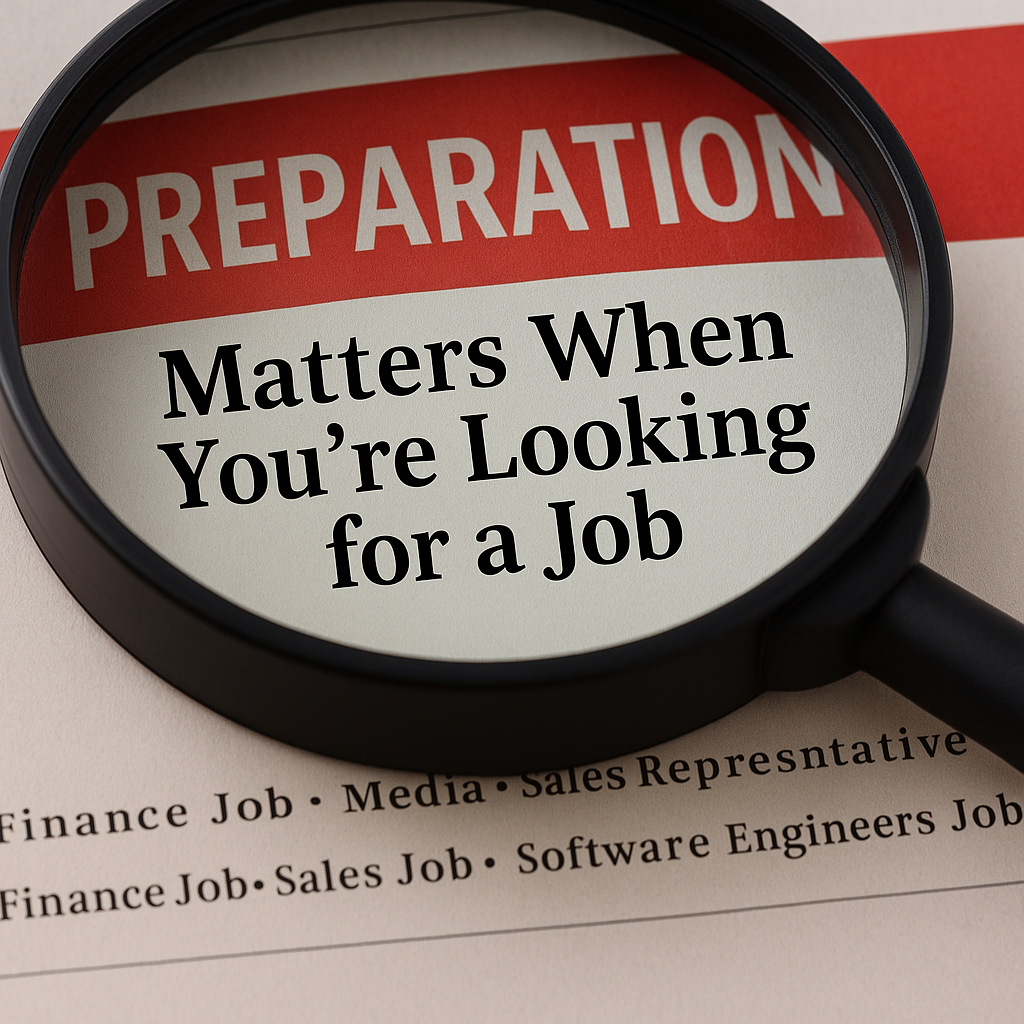This article is also included in CEM LinkedIn Articles Section as well as on LinkedIn on my newsletter site
When Making a Career Change should you Consider Startup Jobs →
Career changes and job seekers face challenging decisions in today’s evolving world. So what about Startup Companies? They might be an option, but is it the right option?
• What would lead you to accept a job at a startup?
• What would your main concerns be about working for a new and small employer?
• What factors should people consider before making a move to a startup?
The factors influencing these questions can be positive and negative and must be carefully considered.
In recent years some markets have offered attractive startup markets. For example, the Utah Tech Startup Incubator is committed to turning new technologies and ideas into companies. They say they provide resources to foster the growth of entrepreneurial start-up companies and early-stage technology research projects.
As a career development coach and advisor, I have often worked with job seekers to review these opportunities' pros and cons.
Working in a startup can offer you the best chances of rapid personal growth if the start-up succeeds and your role fits your career objectives. Moreover, the learning opportunities at a startup could benefit you throughout your career.
The experience of successfully working with a startup has future value in the job market and will help you stand out from the competition. Startups place loads of responsibility on their employees because they usually help with everything outside a rigid and established job description where opportunities for learning and growth are plentiful.
Owners and employees work together, often with no middle management, and you can learn from the sources. The hours will likely be extended and the pay low, but when you leave the company, you may stand out as a real expert if the work fits your overall resume direction.
The risk for these career choices is accurate, as shown by the "Small Business Administration (SBA) report in 2019 that showed the failure rate of startups was around 90%. The research concludes that 21.5% of startups fail in the first year, 30% in the second year, 50% in the fifth year, and 70% in their 10th year."
Research with the startup business owners found that reasons for failure included money running out, being in the wrong market, a lack of research, bad partnerships, ineffective marketing, and not being an expert in the industry—all reasons startups are risky.
Job Seeking candidates I have worked with sometimes tell me about these opportunities and think they are "better than nothing.” They have long been looking for a good career fit and are mentally exhausted. In those situations, their motives are not helping them make the right decision, but the potential employer who would hire them likely sees that, and the employers’ motives may not be right in either. Perhaps in those cases, they are just looking for cheap help.
Job Candidates who feel desperate may only make things worse in the long run by jumping into a job that is a considerable risk or from which the work is outside their current career focus. It is always better instead to help them find a job fit that will last and enable them to recover from their challenges.
You have to find your own job →
“If you haven't found it yet, keep looking. Don't settle. As with all matters of the heart, you'll know when you find it. And, like any great relationship, it just gets better and better as the years roll on.”
―Steve Jobs
“Choose a job you love, and you will never have to work a day."
—Confucius
Why did Steve Jobs say this? It does make a difference in the outcome if you expect others to find you a job. Will you likely get the job you love if you let others seek it for you?
Often I am asked as a Career Development coach to help someone find a job. The problem is sometimes the person asking means will I find them a job. Steve Jobs advises those looking for an appointment to “not settle.” Instead, Confucius advises those job seekers to choose the job they love.
Add this old proverb to this, and it fits like a glove:
“If you give a man a fish, he is hungry again in an hour. If you teach him to catch a fish, you do him a good turn, and he never has to be hungry.”
In both cases, it is not an option for others to find a person a job. Instead, they can learn how and where to look, but they have to do the work of finding.
How many jobs will today's college graduate have over their lifetime? →
The average person changes jobs 12 times in their lifetime, according to the latest available public survey data (2019).
The average employee stays with their employer for 4.1 years as of January 2020.
However, this number varies slightly between women (3.9 years) and men (4.3 years).
Men hold 12.5 jobs in their lifetime, while women have 12.1 jobs.








